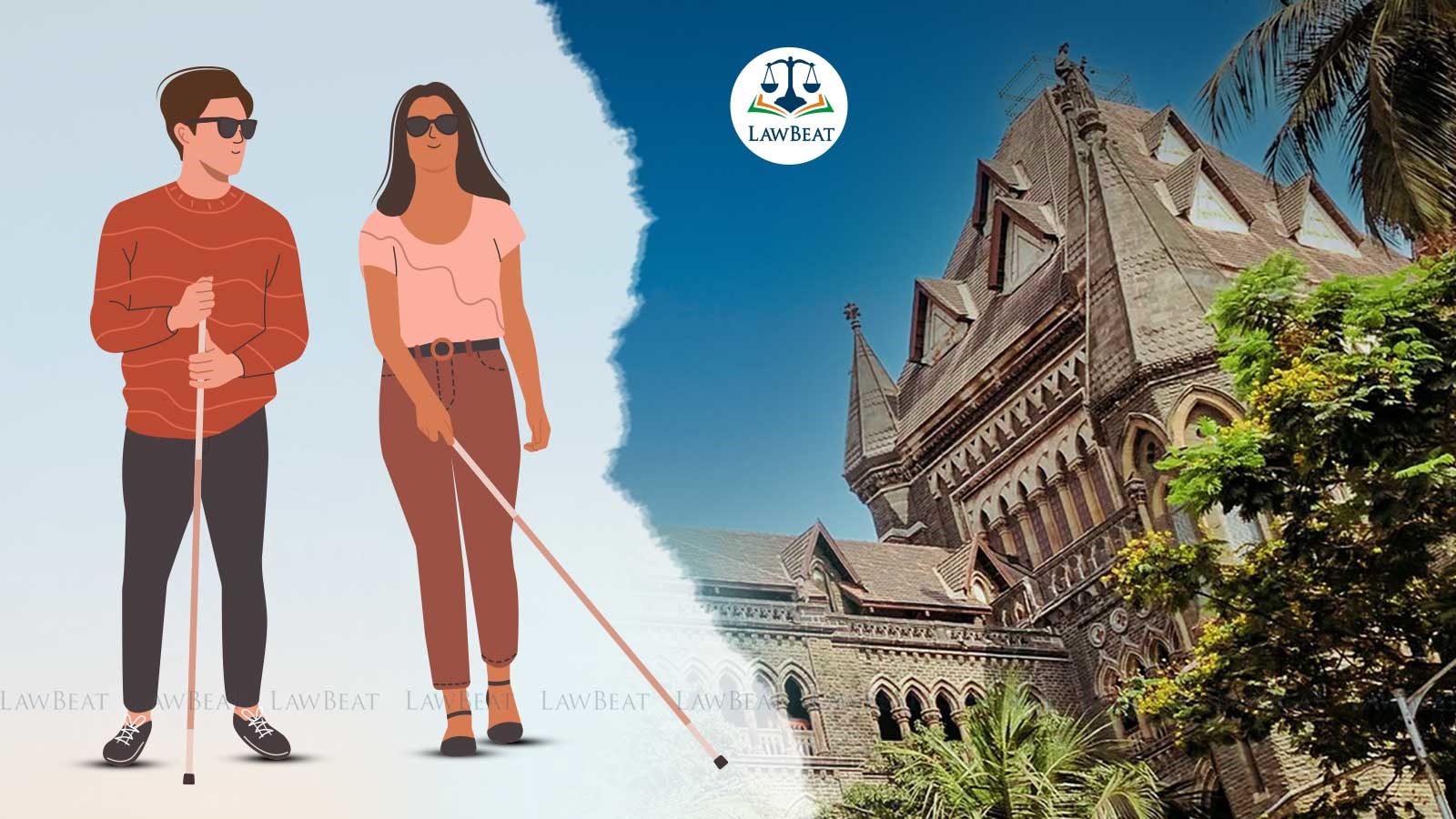Disability Act Should Not Merely Remain Statute Book; Spirit of Act Must Be Applied Practically: Bombay High Court

The Bombay High Court has recently observed that the Rights of Persons with Disabilities Act, 2016 should not merely remain a statute book.
“..in spite of Court calling upon them to do so, overlooks the responsibility to treat persons with disabilities differently. The legislation for the disabled should not merely remain in the statute book; rather, the spirit behind the legislation must be applied by all authorities in its practical application showing appropriate sensitivity and flexibility,” the order reads.
A division bench comprising Justice Nitin Jamdar and MM Sathaye was hearing a plea filed by a 31-year-old visually impaired woman.
Shanta Sonwane's candidature for the post of Assistant in Railways was cancelled by the Railway Recruitment Cell.
Sonwane, who is 100% visually impaired, argued in her plea that she sought assistance from a stranger in a cyber café to fill out the form for the Assistant position in Railways.
The recruitment cell rejected Shanta Sonwane's candidature citing an error in her application form related to her birth year.
Sonwane argued that the mistake could have occurred inadvertently by the stranger who assisted her in filling out the form.
Following Sonwane's petition filed in August 2023, the high court had directed the recruitment cell to keep one post vacant for reconsideration of her application.
The bench acknowledged that individuals like Sonwane, who are 100% visually impaired, cannot be expected to be on equal footing with other candidates in terms of usual activities.
While setting aside the rejection of Shanta Sonwane's candidature, the high court noted that refusing to rectify errors and rejecting the application would violate the principle of equality
“The Act of 2016 not only mandates ensuring equal opportunities for people with disabilities but also making necessary adjustments to meet their specific needs. Visually impaired individuals may make mistakes, such as typing errors, due to their impairment or may need to rely on others. These errors, stemming from their disability, should not result in discrimination or unfair treatment by employers. Rejecting the applications and then refusing to remedy the mistakes even within a reasonable time solely because of these errors, would contravene the principle of equality,” the court said.
Case title: Shanta Digambar Sonawane vs UOI & Anr
